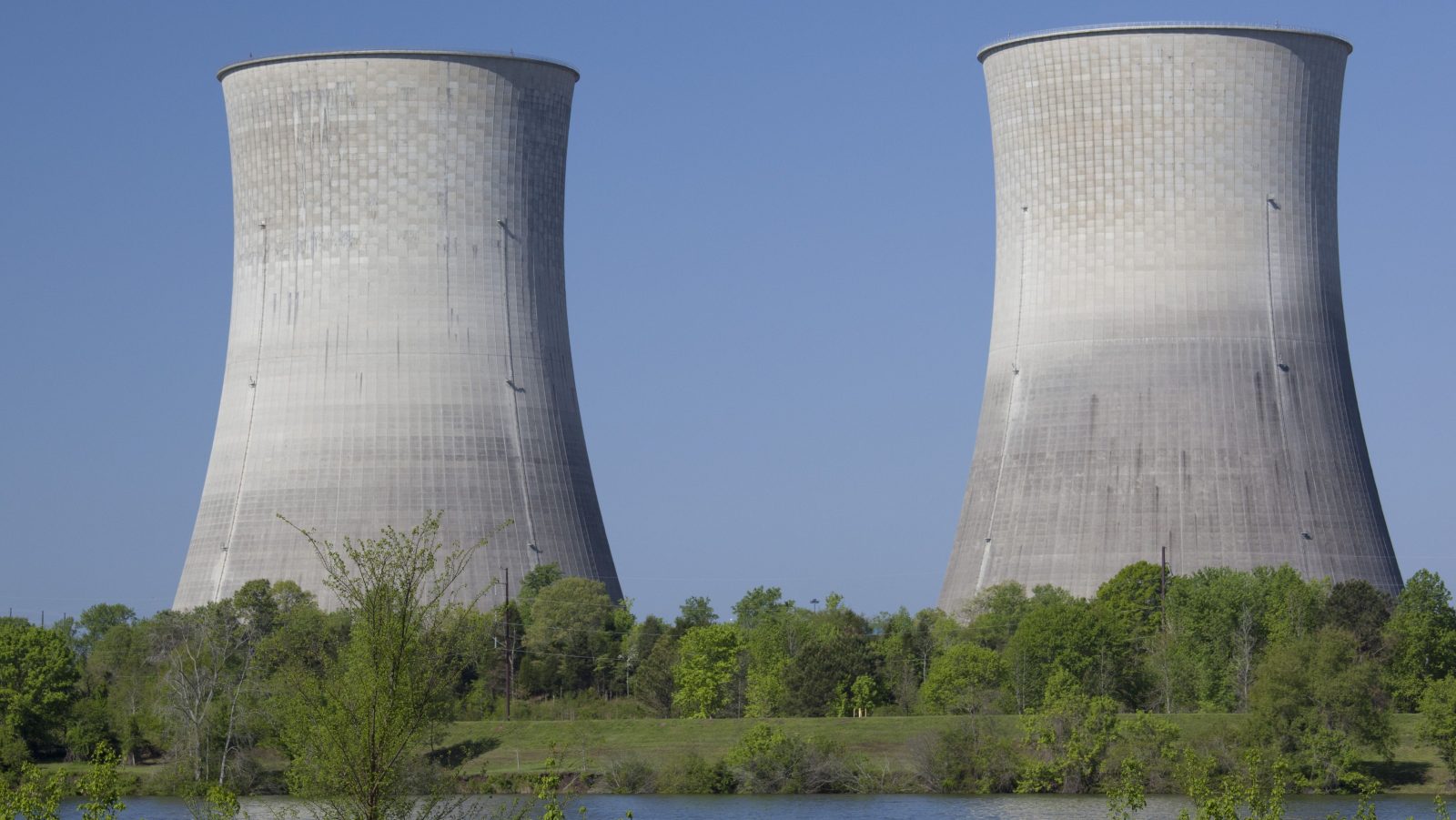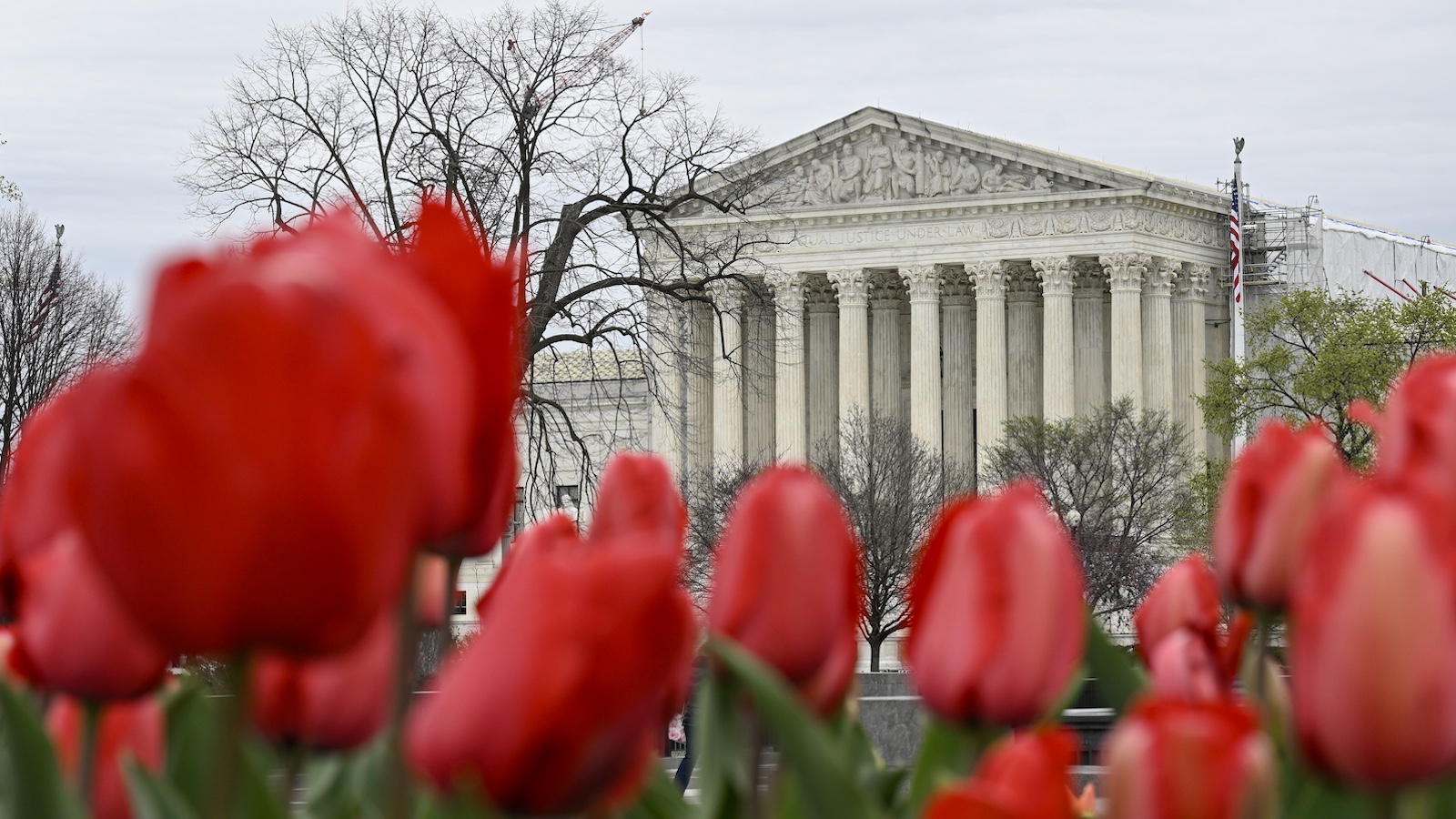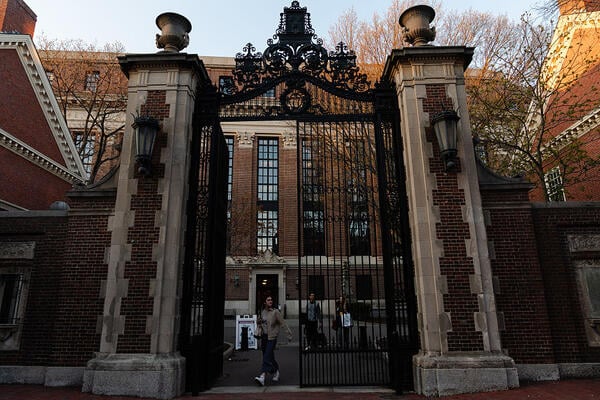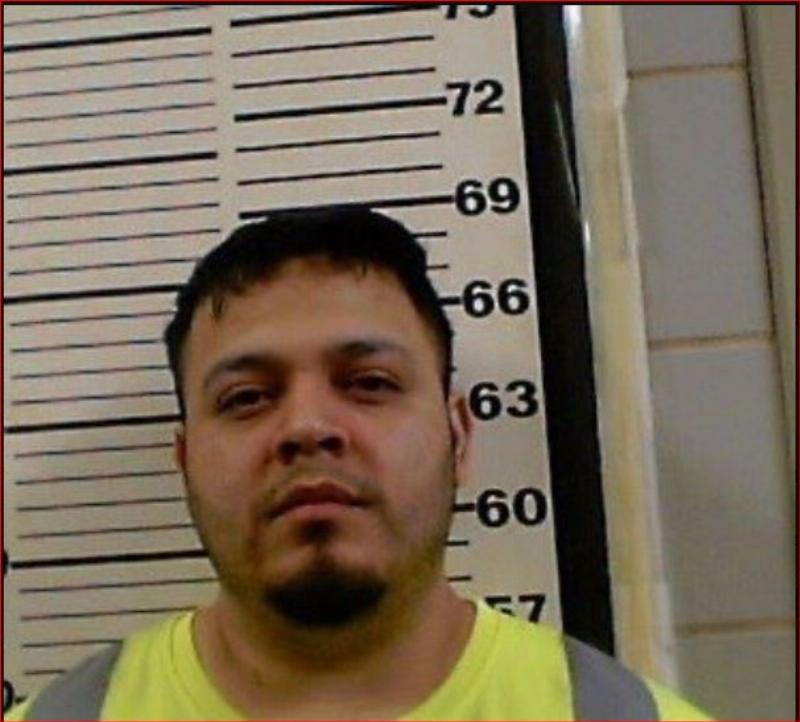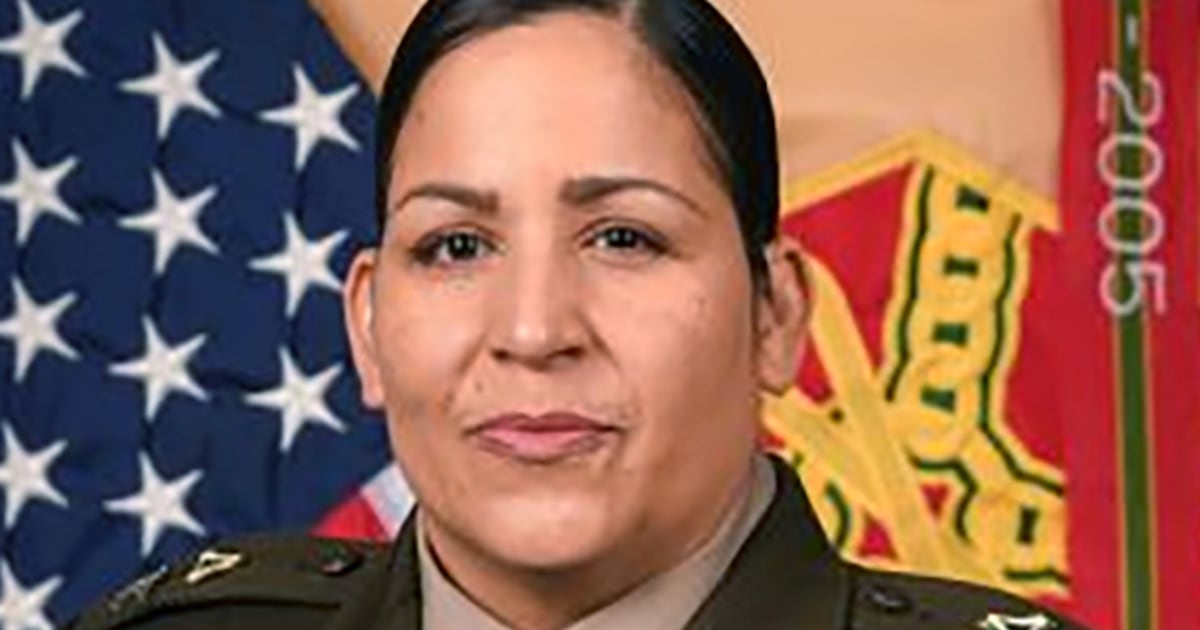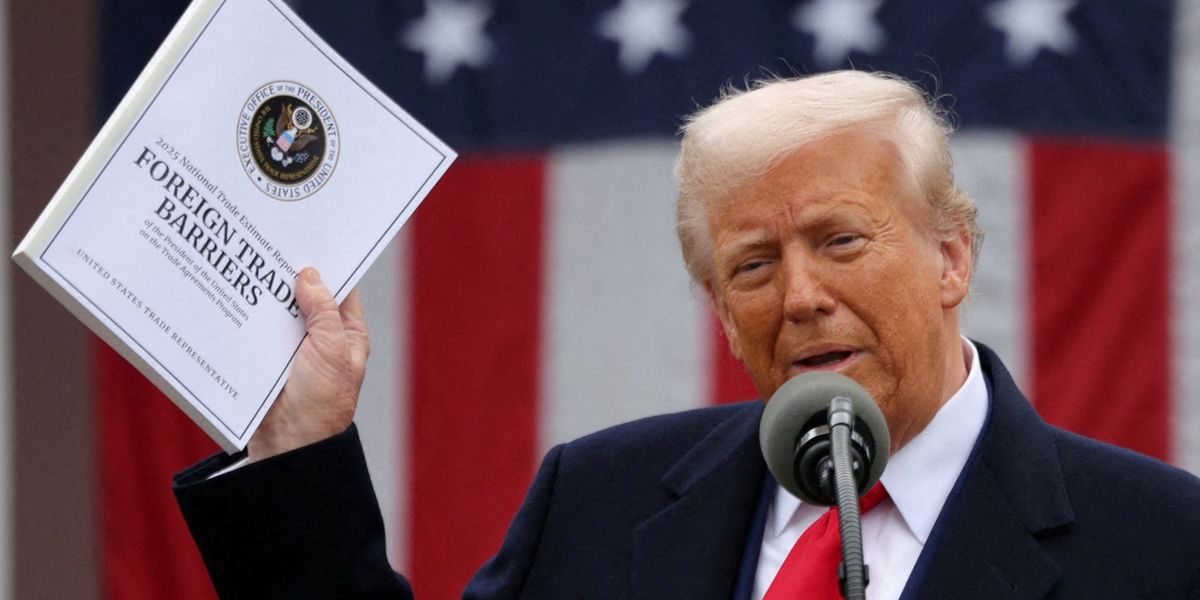Trump's Trade War Alters Political Landscape in Canada Ahead of Crucial Elections

In the lead-up to Canada's upcoming elections, the influence of U.S. President Donald Trump's trade policies and his controversial rhetoric on Canadian sovereignty has dramatically shifted the political dynamics in the country. As Canadians prepare to cast their votes next week, the Liberal Party, led by new Prime Minister Mark Carney, finds itself in an unexpectedly favorable position, potentially securing a fourth consecutive term in office.
Just a few months ago, the Liberals, alongside Carney, who has served previously as governor of the Bank of Canada and the Bank of England, seemed poised for a significant defeat. However, this scenario changed as President Trump intensified his criticisms of Canada's economy, going so far as to suggest that Canada should consider becoming the 51st state of the United States. Such bold assertions have incited a wave of outrage among Canadians and have consequently fueled a resurgence of national pride and unity, ultimately benefiting the Liberal Party.
Former Quebec Premier Jean Charest remarked on the situation, stating, "Trump has immersed himself into our lives and has defined the ballot question." He added that the president's comments have illuminated the Canadian identity and strengthened a collective resolve against external pressures, particularly from the U.S. Even members of the separatist movement in French-speaking Quebec, known for advocating independence, have found common ground with other Canadians in staunchly defending the nation against any encroachment on its sovereignty. Charest emphasized this unity, noting, "we're not going to be the 51st state."
The opposition Conservative Party, led by Pierre Poilievre, had hoped to frame the upcoming election as a referendum on former Prime Minister Justin Trudeau as dissatisfaction grew due to rising food and housing costs, coupled with increasing immigration. However, the political landscape shifted significantly following Trump's intervention, occurring shortly after Trudeau's resignation. Carney's ascension to the Liberal Party leadership has since revitalized the party's prospects.
Charest, a member of the Conservative Party himself, reflected on how quickly the political tide changed, stating, "We were looking at a scenario where the Conservatives were going to rake in a huge majority. Here we are months later in another world." The impact of Trump's rants has not only reinvigorated Liberal support but also led many Canadians to alter their consumer habits, including canceling travel plans to the U.S. and shunning American products. Preliminary reports indicate that this shift may have even contributed to record levels of early voting, with approximately 7.3 million Canadians casting their ballots prior to the official election day.
Carney has articulated a clear stance regarding the current geopolitical landscape, declaring that the era during which the U.S. maintained global economic leadership rooted in trust is now over. He framed the central question of the election as one of governance and resilience against Trump's policies. "Who is the best to respond to that? Who will stand up to President Trump?" Carney asked.
In contrast, Poilievre has sought to emulate Trump's assertive style, adopting the slogan "Canada First." However, this alignment with Trump could backfire, potentially alienating voters who prefer moderate approaches. Polling data highlights this shift in sentiment: a January poll by Nanos indicated that the Liberals lagged behind the Conservatives by a staggering margin of 47% to 20%. Yet, a recent Nanos poll conducted in late April shows the Liberals leading by a slim five percentage points. The margin of error in these polls was 3.1 points for the January survey and 2.7 points for the more recent one.
A mere few months ago, many believed Poilievre was destined to reclaim leadership for the Conservatives after a decade in opposition. However, as Ian Brodie, a former chief of staff to Conservative Prime Minister Stephen Harper, pointed out, the current political climate presents unique challenges. He expressed frustration over the drastic alterations necessary for the Conservative campaign strategy, noting, "At least 40% of the electorate is just petrified about the continued existence of the country." Brodie identified the current political landscape as a rare confluence of circumstances that undermine the Conservative agenda.
Looking ahead, both Carney and Poilievre have committed to accelerating negotiations to amend the free trade agreement between Canada and the U.S., recognizing that ongoing uncertainty regarding trade is detrimental to both economies. Carney's extensive experience managing economic crises will be invaluable, having navigated challenges during his tenure at both the Bank of Canada and the Bank of England.
Robert Bothwell, a professor of Canadian history and international relations at the University of Toronto, remarked on the formidable challenges awaiting the next prime minister. He stated, "The problems are really inconceivable, worse than any Canadian prime minister has had to face, I think ever." Bothwell characterized Carney's timing as fortuitous, stating, "Not only is Carney the luckiest guy alive and came in at absolutely the right moment, but once he actually starts having to administer the country, the Trump problem, the American problem, is just inconceivable." He likened the situation to being handed "a sack full of rabid beavers," emphasizing the chaotic and unpredictable nature of the challenges that lie ahead.













